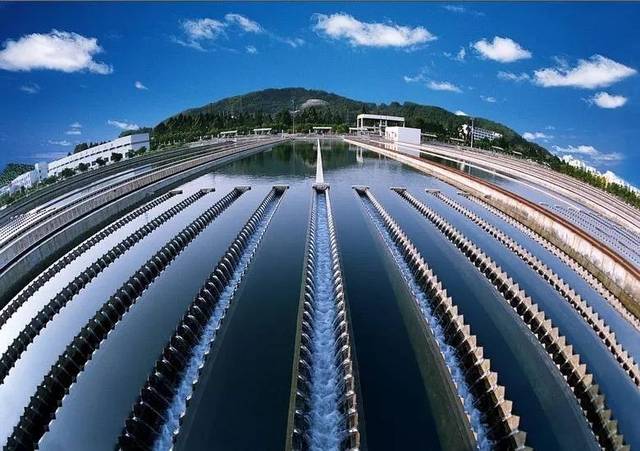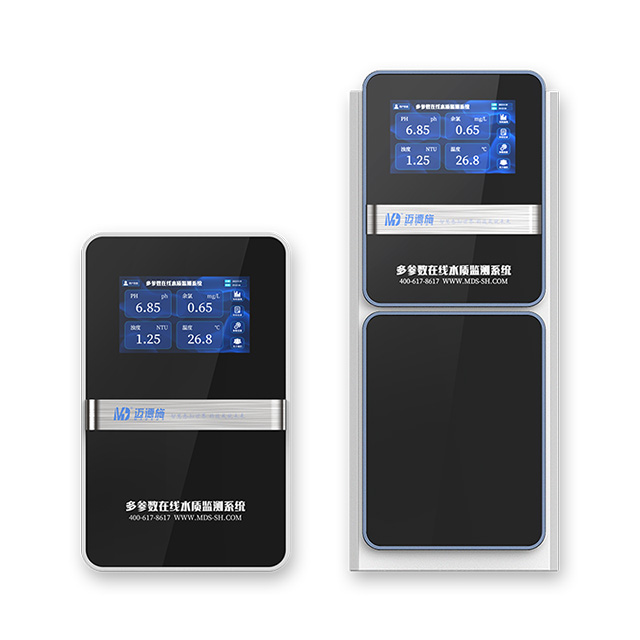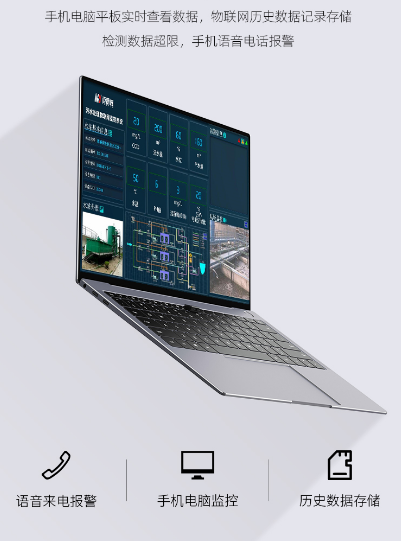Is the Residual Chlorine in Your Waterworks Not Up to Standard in Summer? Stop Using Spring's Old Methods! The Online Residual Chlorine Detector Is the Key
In summer, many waterworks are troubled by the problem of sub - standard residual chlorine. Why does the residual chlorine problem in waterworks concentrate in summer? It all starts with the differences in standards between spring and summer. In spring, waterworks mainly focus on "not exceeding the upper limit" of residual chlorine, and the detection frequency is usually once a day. However, in summer, the standards become more stringent. They not only need to strictly ensure "not falling below the lower limit" but also upgrade the detection frequency from "daily" to "hourly".

Take a typical case for example. A waterworks calibrated its equipment once a week in spring. In summer, they still used this old method. As a result, the residual chlorine value dropped suddenly, but they didn't notice it in time, which eventually led to sub - standard water supply in a certain area. This has put enterprises in a difficult situation. Using spring's equipment and processes to meet summer's standards doubles the investment in manpower and material resources, but the results are far from satisfactory.
Summer has special requirements for monitoring equipment, which spring's equipment simply can't meet. Firstly, in terms of response speed, the detection cycle of spring equipment is usually 30 minutes or more, while in summer, it is required to be 10 minutes or less. Since the residual chlorine changes rapidly in summer, a slow response speed can easily cause the best adjustment opportunity to be missed. Secondly, there is the issue of environmental adaptation. Summer is hot and humid, so the equipment needs to have anti - corrosion and anti - interference capabilities. However, the protection level of spring equipment is generally low, and it is prone to malfunction in summer's harsh environment. In addition, more intensive monitoring data needs to be stored in summer, with one data record per hour. Spring's equipment clearly lacks sufficient storage space and analysis functions.

So, what's the "cost - effectiveness" of configuring an online residual chlorine detector in summer? In terms of direct benefits, it can reduce fines for exceeding the standard, which can reach tens of thousands of dollars per time. At the same time, it can also lower the cost of manual inspections. There are also many indirect benefits. It can improve the stability of water supply, reduce user complaints, and maintain the enterprise's reputation. Compared with spring, when manual labor could still be relied on, the input - output ratio of using an online residual chlorine detector is higher in summer.
There are three key indicators for waterworks to select an online residual chlorine detector in summer. Firstly, the detection accuracy. The error rate should be less than or equal to ±0.02mg/L to adapt to the highly volatile environment in summer. Secondly, the working temperature. It should be able to operate normally in the range of - 5℃ to 60℃, considering the relatively high water temperature in summer. Thirdly, the data interface. It should support linkage with the dosing system to achieve automatic adjustment and improve work efficiency.

As the seasons change and the standards change, the monitoring equipment should also be "upgraded". Waterworks should adjust their monitoring plans according to seasonal characteristics and configure an online residual chlorine detector in summer. This is the key to reducing costs and increasing efficiency. Stop clinging to spring's old methods and let the online residual chlorine detector safeguard the summer water supply!

When it comes to reliable solutions for residual chlorine monitoring, Maideshi, a professional chlorine sensor Manufacturer, offers high - quality Digital residual chlorine sensors and online residual chlorine detectors. These products can help waterworks accurately monitor residual chlorine content, ensuring that water quality meets the required standards. Whether you need to upgrade your current monitoring system or are looking for a new solution, Maideshi has the right products for you.
If you are interested in our Digital residual chlorine sensors and online residual chlorine detectors, please feel free to contact Maideshi, the leading chlorine sensor Manufacturer, and we will provide you with detailed product information and professional technical support.
Previous: Summer Selection of Residual Chlorine Water Quality Monitors: Is the Real - time Monitoring Function a
Next: Online Residual Chlorine Water Quality Monitor: What Do You Know About the Residual Chlorine Standards for Waterworks and Swimming Pools?

